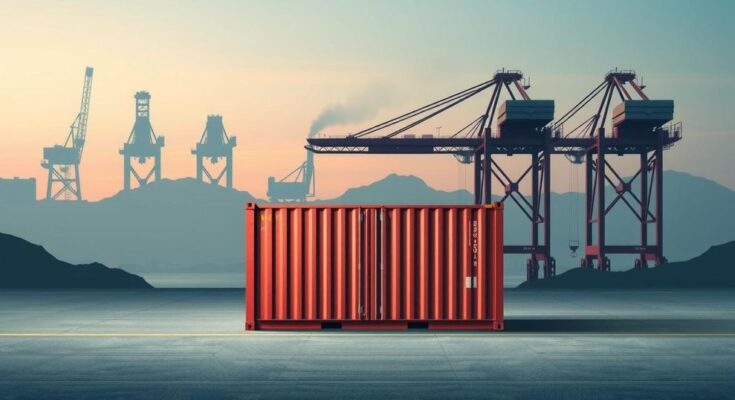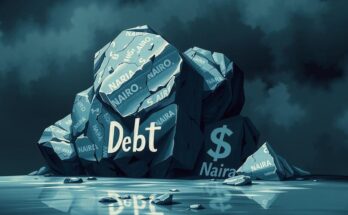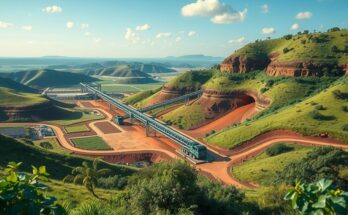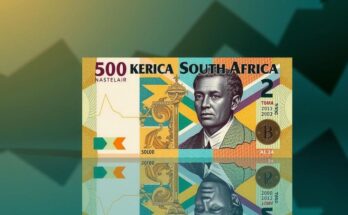Malawi has imposed a temporary ban on mineral exports to enhance regulatory frameworks within the mining sector. This initiative aims to promote a more efficient industry that supports the country’s economic development. The Kasiya asset project, supported by the Rio Tinto Group, aims to produce graphite and rutile, diversifying mineral output and boosting the economy.
Malawi has enacted a temporary ban on all mineral exports as part of an initiative to enhance the regulatory frameworks overseen by the Ministry of Mining. This decision is aimed at refining the operational processes critical to the mining sector and overall economic development of the nation. By streamlining these frameworks, the Malawian government seeks to establish a more efficient and profitable mining industry.
As one of the poorest nations in the world, Malawi’s economy is primarily based on agriculture, especially tobacco, as a source of foreign currency. The nation is in the process of diversifying its mineral resources. Significant projects such as the Kasiya asset, developed by Sovereign Metals Ltd. with support from the Rio Tinto Group, are located in the western region of Malawi. This project is slated to produce graphite alongside rutile, thereby broadening the country’s mineral output and offering potential economic benefits.
The timing of this mineral export ban coincides with ongoing evaluations of mining projects intended to foster economic opportunities in Malawi. This strategic decision reflects the government’s commitment to enhancing the country’s economic landscape, particularly in the mining sector.
In summary, Malawi’s temporary ban on mineral exports underscores the government’s efforts to enhance mining regulations and diversify its economy. By focusing on improving regulatory frameworks, the nation aims to develop a more profitable mining industry, while significant projects like Kasiya may further boost its economic prospects.
Original Source: globalsouthworld.com




